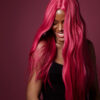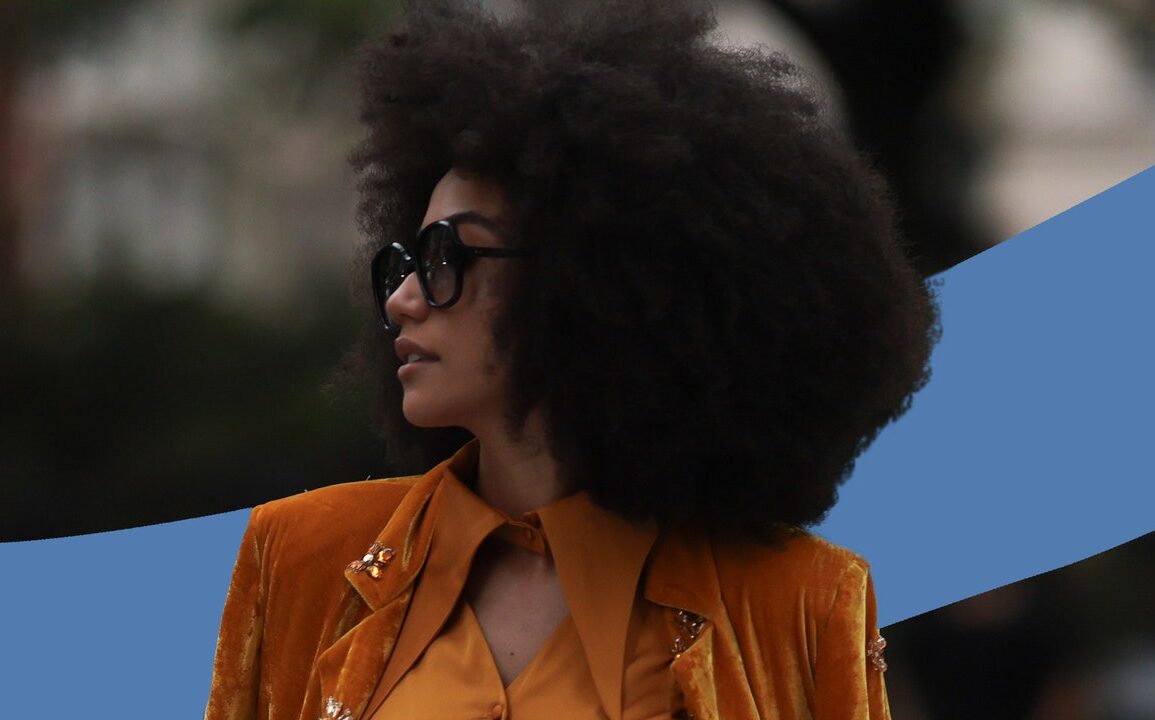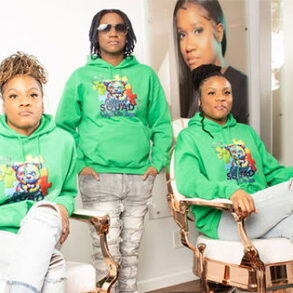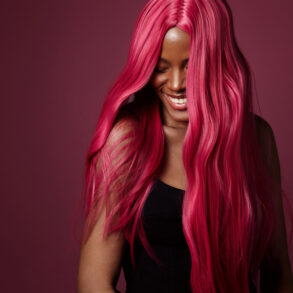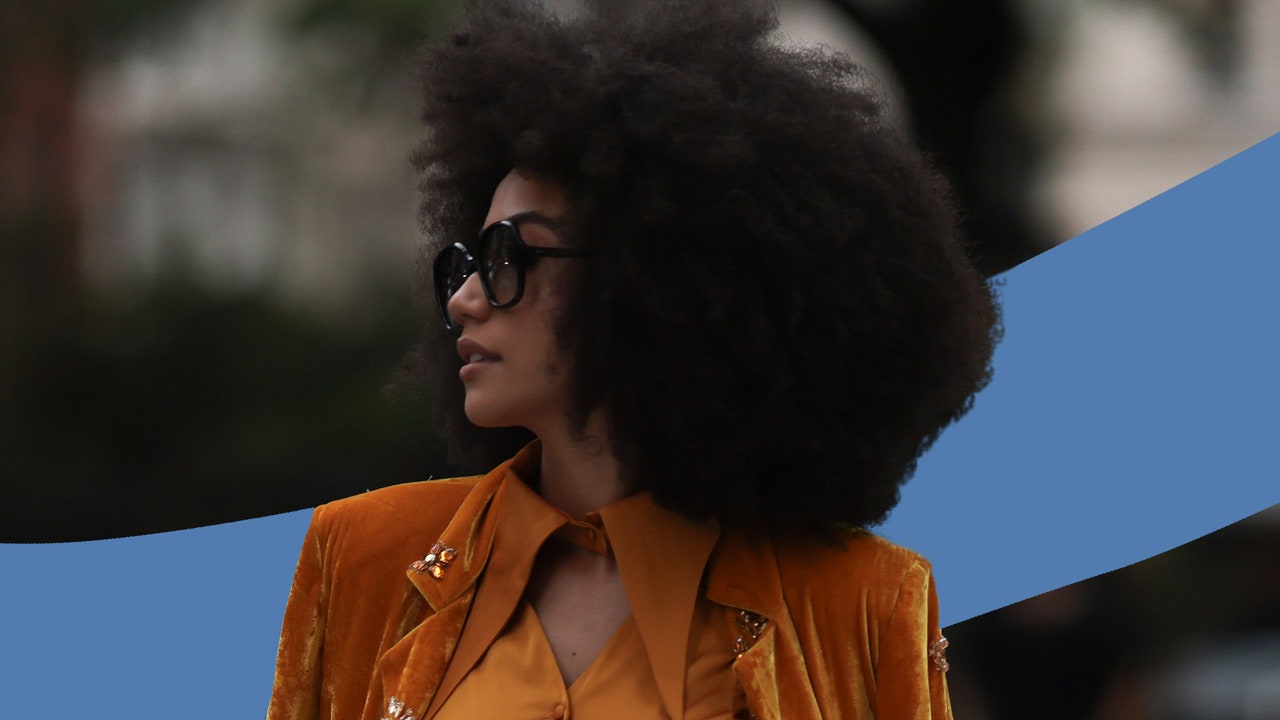
According to market and consumer data giant Statista, the UK’s hair care market was measured at £1.5 billion in 2022, with Black British women spending six times more than their white counterparts despite only making up around 4% of the female population. So, it could be argued that Black women have become a demographic that could easily be exploited in this arena.
Lockdown also brought with it a wave of women wanting to take ownership of their hair, which meant they needed to know how to access the right product for their specific texture and curl type.
Dominique Lescott, founder of online afro hair care marketplace Hair Popp, which boasts an array of UK Black owned brands, tell GLAMOUR: “The cheaper products that are easily available, such as £2.99 shampoos you would find at the supermarket, are not necessarily suitable for all types of hair including afro/textured hair.
“Lack of accessibility essentially means that a lot of Black women shop for repair after years of experimenting with low quality products, as opposed to just shopping for maintenance or prevention,” she continues.
That leaves Black women with one option: Afro-Caribbean hair shops that are not in fact African or Caribbean owned; neither are the hair, the products, tools and accessories African sourced.
The issue with this is that the experience of shopping at these stores is, at best, confusing as the shop keepers are often not qualified to really understand what they’re selling or the needs of their primary consumer.
At worst, this deficiency in knowledge about Black hair and an absence of duty of care or general customer service can lead to a deeply unpleasant, misogynistic, and even dangerous, shopping experience for Black women.
“The shop owner and his workers will often follow me round the store, staring as if I’m going to steal any second,” Diko Blackings, a Diversity Manager from Oxford, tells GLAMOUR. “They will peer into my bag to see if there’s anything in there. After they’ve done this they almost always come up to me and ask if they can help. I hate it. I want to browse without question and suspicion.”
This experience is one that many Black women can relate to. In fact it’s perfectly depicted on the Channel 4 TV Show Riches. In the first episode, there is a scene where a little girl is walking through a hair shop in London with her mother while being followed by the shopkeeper. “Mummy, why is he following us?” she says. The mother questions this saying: “Why are you following us? Explain to my daughter why you are following all the Black people in here?” While the shopkeeper threatens to call the police without a reasonable excuse.
The lack of expertise often forces Black women to embark on a journey of trial and error when selecting hair care products. Without proper guidance, they may purchase products that are ill-suited for their hair type, leading to disappointing results and a dissatisfied customer. This is what appears to have happened in the Peckham hair shop incident.
This post was originally published on this site be sure to check out more of their content.



